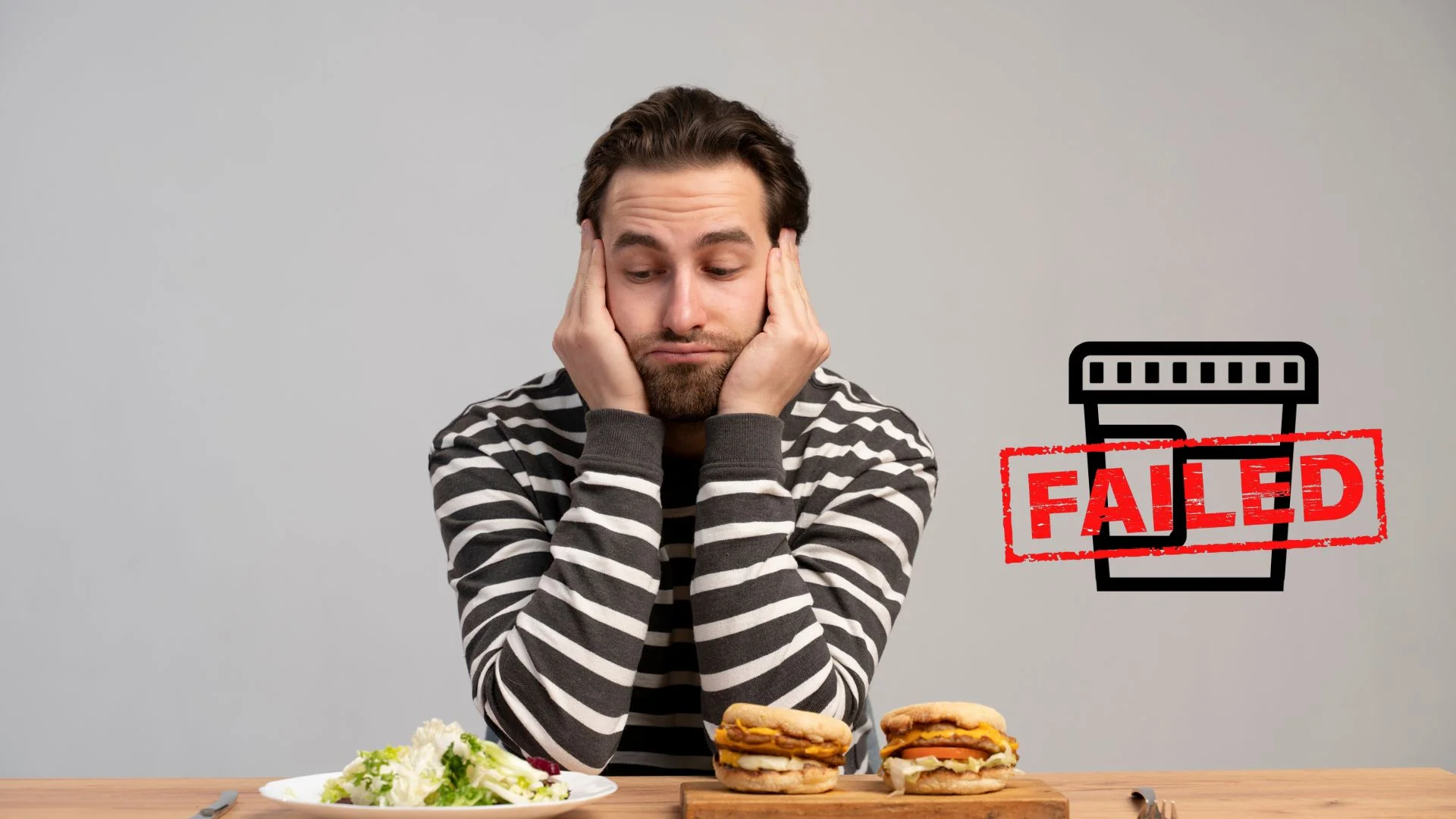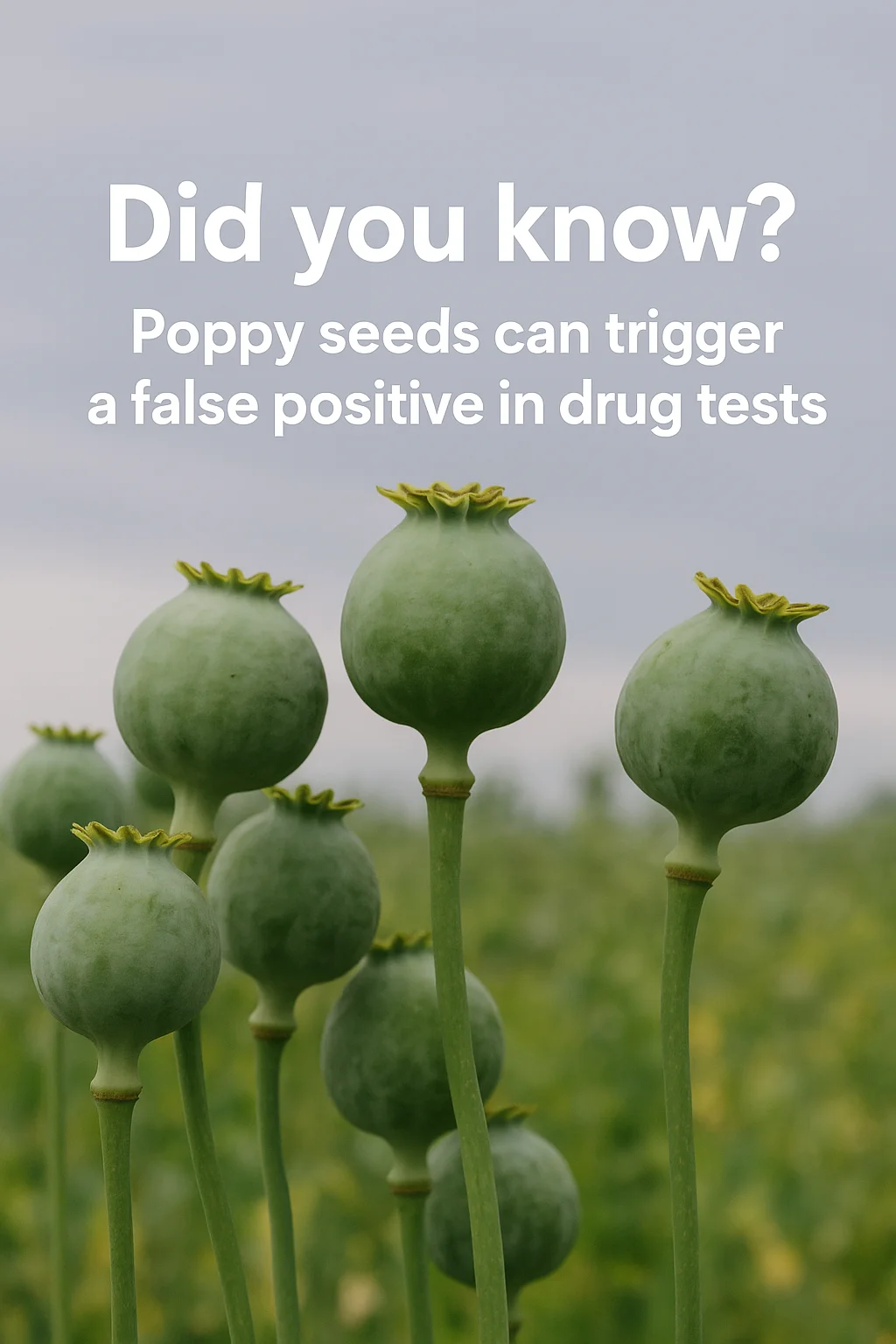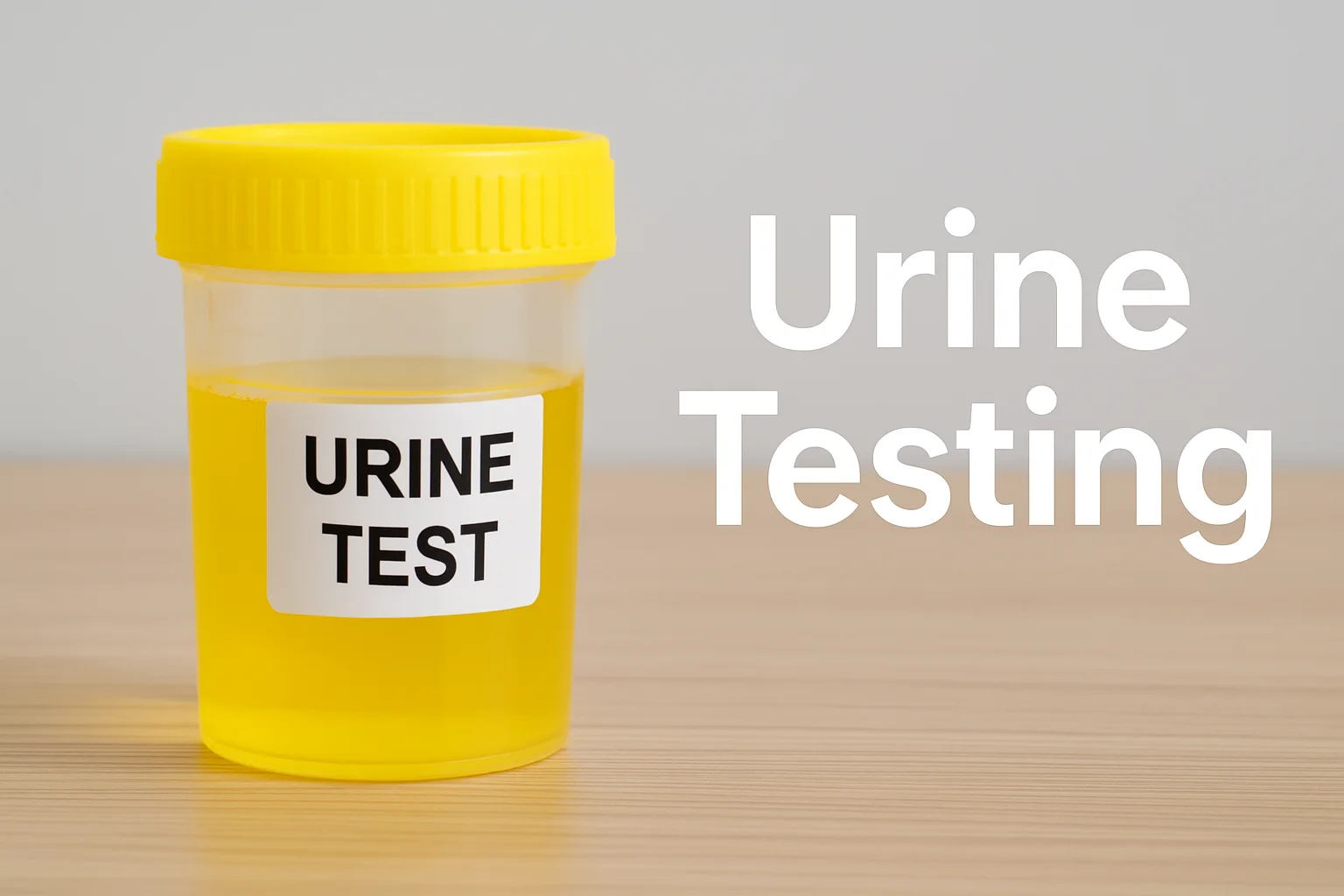
Can stress alone cause a false positive on a drug test?
No. Stress by itself does not produce illicit-drug metabolites. It can, however, indirectly affect specimen concentration or metabolism (via sleep, appetite, hydration changes), which may trigger flags like a dilute or concentrated specimen and lead to retesting or additional scrutiny.
Can dieting or rapid weight loss affect drug test results?
Yes. Rapid fat breakdown (from aggressive dieting or fasting) can release stored drug metabolites—most commonly THC metabolites—into the bloodstream/urine and temporarily increase detectability in some heavy or chronic users.
Do poppy seeds or certain foods cause false positives?
Poppy seeds can cause positive opioid immunoassay screens if consumed shortly before testing. Confirmatory lab testing (GC-MS/LC-MS/MS) usually differentiates poppy-seed exposure from true illicit opioid use.
Will drinking a lot of water help me beat a urine drug test?
No. Over-hydration can produce a dilute specimen, which is flagged in regulated testing (including DOT). Dilute samples typically require a retest and, under DOT rules, may lead to observed collections—so moderation in hydration is best.
Can dietary supplements or herbal products trigger a positive drug test?
Yes. Some supplements—especially poorly regulated or imported products—may contain undeclared substances or hemp derivatives that cause screening positives. Always disclose supplements and medications to the collector and to the Medical Review Officer (MRO) if a result is unexpected.
Can mouthwash, food or drink interfere with saliva or breath tests?
Certain mouthwashes or products containing alcohol can temporarily affect breath or oral-fluid tests (e.g., by causing a transient alcohol reading). Follow pre-test instructions (no eating, drinking, smoking per the specified window) and tell the collector about any mouthwash or recent food/drink.
How should I prepare my diet and routine before a DOT-regulated drug test?
Avoid poppy seeds and hemp products for a few days, maintain normal hydration (don’t over-hydrate), avoid unknown or unlabelled supplements, get adequate sleep, and bring a list or packaging of any prescription medications or supplements to the collection site. Disclose all legitimate meds to the collector and MRO.
If I have a prescription, can stress or diet make it look like a problem on the test?
Prescription medications will generally appear in testing; disclose prescriptions and carry documentation (prescription bottle, clinic note). Stress or diet won’t convert a legitimate prescription into an illicit-use result, but metabolic changes can alter concentrations, so documentation is important for MRO review.
What should I do if I get an unexpected positive result and I only changed diet or was under stress?
Notify the collector and follow the formal procedures: request confirmatory testing, provide the MRO with a complete medication/supplement list and any dietary notes, and cooperate with any additional collection or verification steps. The MRO will evaluate legitimate explanations and lab confirmation.

Drug and alcohol testing is a critical requirement in Department of Transportation (DOT) regulated industries like trucking, aviation, and transit. Many drivers and employees preparing for a test worry about everyday factors: Can stress or diet really affect the outcome of a drug test? This concern is valid, as no one wants to risk a false positive or have their results misinterpreted.
This article breaks down what science, DOT rules, and medical experts say about stress, diet, and test accuracy.
Stress itself does not directly cause a positive drug test. Standard drug tests look for specific metabolites of controlled substances, not hormones like cortisol or adrenaline that are linked to stress. However, stress can play an indirect role:
Example: Diphenhydramine (Benadryl) has been known to trigger false positives for PCP in some immunoassay tests.
Diet can have a more noticeable effect on drug test results than stress. While what you eat doesn’t introduce illicit substances into your body, certain foods can mimic drug metabolites or interfere with test accuracy.
Key Point:While diet rarely causes a true positive, it can sometimes trigger results that require additional verification by a Medical Review Officer (MRO).

Trending in 2025: Vaping & DOT Tests
Many people think drinking excessive water will “flush” their system. This can actually raise red flags in DOT testing.
Key takeaway: Stay hydrated, but don’t overdo it. Labs can detect attempts to dilute.

To maintain fairness and accuracy, DOT drug testing and workplace drug testing programs follow strict federal guidelines. This includes:
If you're preparing for a drug test:
Stress and diet can influence your body in many ways, but they are unlikely to cause a legitimate positive drug test. At most, they may trigger results that need further review. If you’re concerned about medications, supplements, or dietary habits, always disclose this information before your test.
goMDnow specialises in DOT-compliant drug and alcohol testing, consortium services, and return-to-duty testing. Our processes ensure fairness, accuracy, and compliance with federal regulations, giving both employers and employees peace of mind.